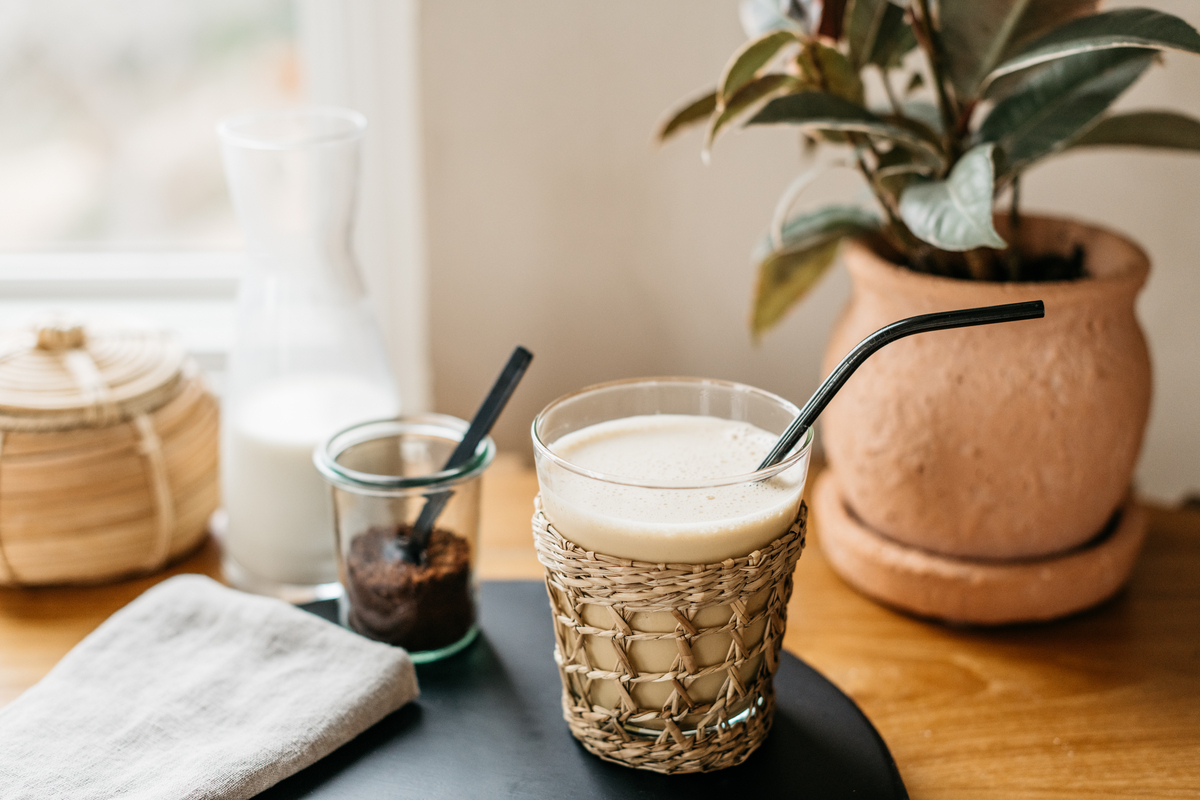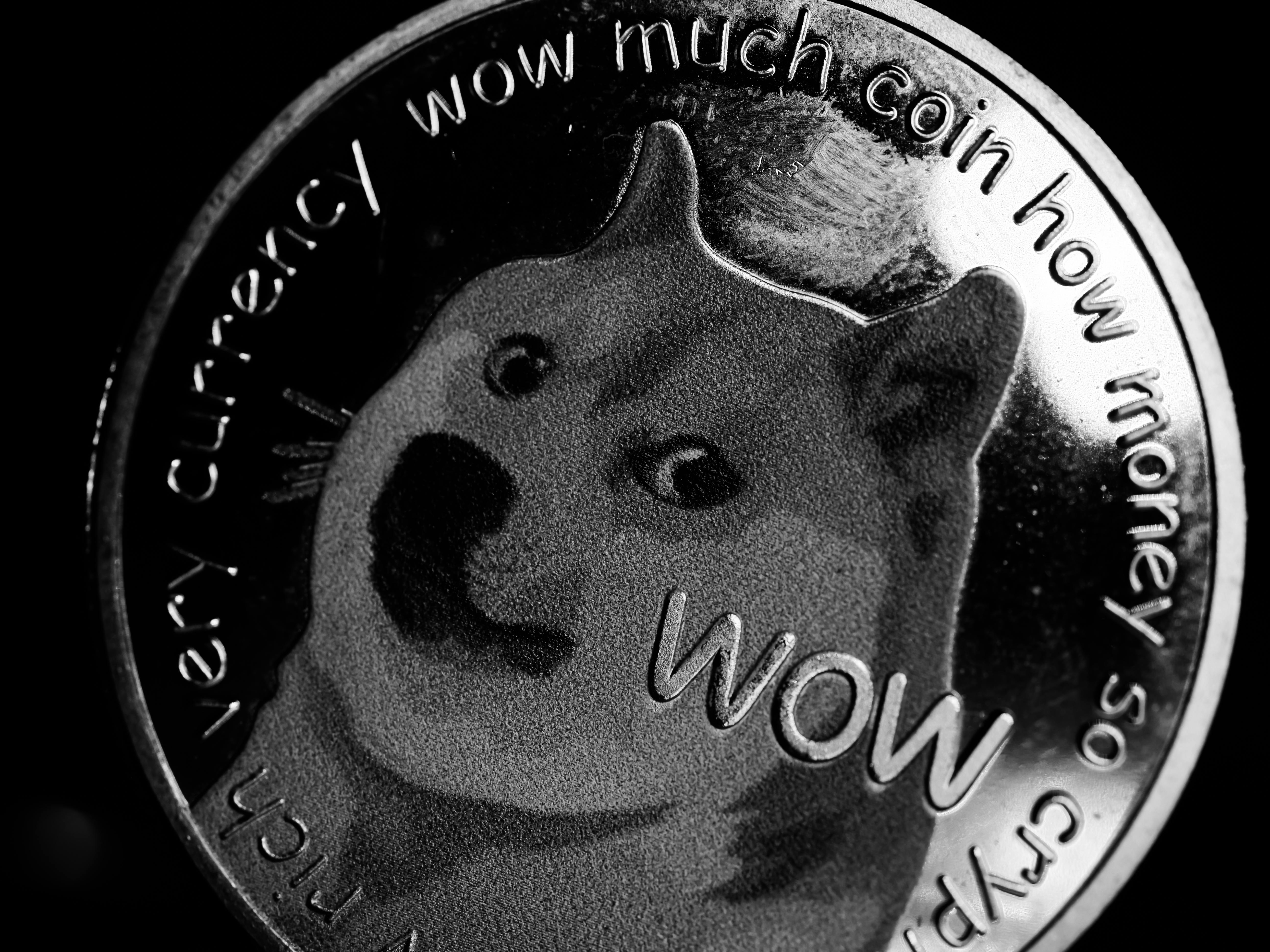Need More Energy? A Nutritionist Shares the Best Vitamins to Give You a Boost
The key to unlocking your most energized self. The post Need More Energy? A Nutritionist Shares the Best Vitamins to Give You a Boost appeared first on Camille Styles.

These days, being busy wears like a badge of honor. Between work, raising a family, and squeezing in practical self-care, feeling chronically busy is the only constant in my life. Amidst the chaos, I’ve been thinking about my 2023 intentions. At the top of the list? To feel more energized. That means re-defining my career goals, prioritizing sleep, taking social media breaks, and saying yes to what realistically fits my schedule.
I’ll also be stocking our fridge with foods that support energy. And no, that doesn’t include shots of 5-Hour Energy. However, it does include women’s vitamins for energy. Packed with essential nutrients, women’s vitamins for energy are a double whammy: They fill in any nutritional gaps and are a safety net when life gets (inevitably) busy.
Featured image by Michelle Nash.
1 of 11

Subscribe
Make it happen.
Get my FREE Vision Workbook straight to your inbox. A resource to help you intentionally set (and realize) goals in six transformative areas of your life.
Thanks for Signing Up!
Oops!
Looks like you’re already signed up or your email address is invalid.
Oops!
Looks like you unsubscribed before click here to resubscribe.
Which nutrients are best for energy?
The three main nutrients used for energy are carbohydrates, protein, and fats. This trifecta makes up our macronutrients. Combined, they help balance blood sugar (super important!), regulate hormones, aid in satiety, grow muscle, and more. But of these three, carbohydrates provide the fastest source of energy. Carbs aren’t to be feared! While keto works for some people, carbohydrates are our preferred source of energy. Once carbs have been depleted though, we can use protein and fat for energy. At any rate, these three are all essential nutrients.
2 of 11
Essential Nutrients for Women’s Energy
Speaking of essential nutrients, let’s dive into the nutrients recommended for women for energy. Below are vitamins and minerals that aid in overall health for women. Keep in mind that other nutrients like fiber, omega-3s, and probiotics are important too.
B VitaminsCalciumCholineFolate/Folic AcidIronMagnesiumVitamin DVitamin EB Vitamins
B vitamins are crucial for energy! We’ve talked about this before, but B vitamins are necessary to turn food into energy. Food sources of B vitamins include animal protein, organ meats, seafood, legumes, fortified cereals, avocados, and sweet potatoes.
Calcium
Calcium does a lot more than just build strong bones and teeth. Getting enough calcium helps keep your heart and muscles strong and may help reduce the risk of high blood pressure. As women, we should eat a variety of high-calcium foods, such as leafy greens, high-quality dairy, non-GMO tofu, nuts, and chia seeds.
Choline
Women need choline at all stages of life. However, choline is particularly important during pregnancy. Getting enough choline in pregnancy is important because it helps your baby’s brain and spinal cord develop properly. It may also protect your baby against neural tube defects. Eggs, seafood, and liver are particularly rich in choline.
Folate / Folic Acid
Every female needs folate every day unless she is pregnant or breastfeeding. If that’s the case, both of which require a higher amount. This vitamin helps keep red blood cells healthy and is essential in preventing neural tube birth defects. Folate is the natural form of vitamin B9 in food, while folic acid is a synthetic form. Folate is naturally found in leafy greens, citrus, berries, nuts, and beans.
Iron
Iron is one of the few nutrients that females (between the ages of 14 and 50) need in a higher amount than males the same age. This reduces their risk of iron deficiency anemia. This type of anemia can result in fatigue, weakness, and irritability. Excellent sources of iron include high-quality red meat, poultry, fish, beans, and leafy greens. When relying on plant-based sources of iron, aim to pair them with vitamin C (bell peppers, strawberries, tomatoes, etc.). This helps with iron absorption.
Magnesium
Magnesium helps regulate many different chemical reactions in a woman’s body. Including, maintaining healthy blood sugar, keeping muscles and nerves working properly, and helping a woman’s body produce protein. It’s particularly important to get enough magnesium if you’re planning to get pregnant. Food sources of magnesium include whole grains, seeds, nuts, and beans.
Vitamin D
Vitamin D is another essential nutrient for women. Its importance ranges, but it works in conjunction with calcium to promote healthy bones. Vitamin D is also involved in cell growth, immune function, and reducing inflammation. High sources of vitamin D are fatty fish (salmon), mackerel, fortified milk, high-quality cheese, and pasture-raised eggs.
Vitamin E
Last but not least, vitamin E. Vitamin E is important for vision, reproduction, and the health of your blood, brain, and skin. Vitamin E also has antioxidant properties. Therefore, this vitamin is essential for a healthy immune system. Nuts, seeds, beet greens, pumpkin, sunflower seeds, and other vegetable oils are high in vitamin E.
3 of 11
Essential Vitamins Are Key for Energy Production
While avoiding foods with inflammation and getting adequate sleep are important for boosting energy, don’t overlook the power of women’s vitamins. They can be a game changer. In addition to energy-boosting foods, consider women’s vitamins for energy. In many ways, they act as the key to unlocking a more energized version of yourself.
Here’s the thing: All of our cells require nutrients to create energy. Beyond the need for macronutrients, micronutrients are crucial. They include vitamins, minerals, antioxidants, and water. They’re specific fuel for our mitochondria. And mitochondria quite literally provide our bodies with energy. As the powerhouse of our cells, they break down food molecules. In essence, think of essential vitamins as the keys that unlock doors for energy production.
How Vitamin Deficiencies Act Like a Bottleneck
Now, let’s say you fall short on those essential nutrients, it’s kind of like a traffic bottleneck. A vitamin deficiency gets in the way of one (or more) essential steps in energy conversion. And when this happens, everything moves a bit slower. If you think this might be happening in your body, getting a blood test to check your micronutrient levels is very informative. If you’re lacking a certain vitamin, it might be time to add in women’s vitamins for energy. Of course, always consult your doctor before adding a new vitamin or supplement to your routine.
4 of 11
How To Choose High-Quality Vitamins and Supplements
Available in numerous forms (capsules, gummies, etc.) dietary supplements are marketed as an easy and efficient way to boost your health. And this is true. However, buyer beware: Not all vitamins and supplements are created equal. Plus, eating a variety of foods is the best way to ensure that you’re meeting your vitamin and mineral needs.
Regardless, vitamins and supplements act as insurance. Just look for brands that are transparent about their research and are upfront about the quality of their ingredients. When it comes to women’s vitamins for energy, we took the hard work out for you! As mentioned, consult with your doctor before adding a new vitamin or supplement to your routine.
The Best Women’s Vitamins for Energy
While a wide variety of produce, high-quality protein, and healthy fats is important, multivitamins help ensure you’re getting proper nutrients. Below are the best women’s vitamins for energy.
Every product is curated with care by our editors. If you buy something through our links, we may earn a small commission at no cost to you.
This post was originally published on November 12, 2021, and has since been updated.

 FrankLin
FrankLin 
































